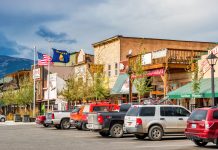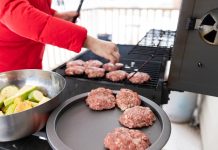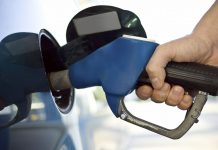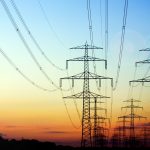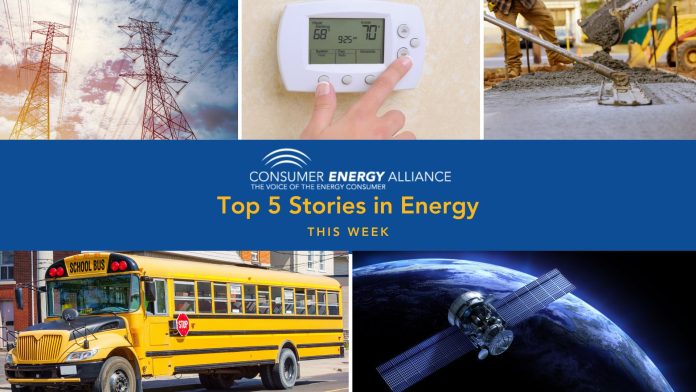
Capitol Hill made headlines today as Congress passed President Biden’s Build Back Better Act. The bill contains legislation related to a wide variety of industries, including energy. While the legislation provides useful incentives for new technology, renewable energy, carbon capture, utilization and storage (CCUS), and alternative fuels; the bill received criticism for needlessly restricting American energy producers and not doing enough to address rising energy costs.
Down south, the Gulf of Mexico Lease Sale 257 was held on Wednesday; the first offshore oil and gas lease sale since the Biden Administration paused the leasing program in January.
And on Thursday, construction began on the Vineyard Wind 1 offshore wind farm near Cape Cod. The 800-megawatt facility will begin providing power to the grid in 2023.
Want more energy news? Check out our top five favorite stores of the week below!
5A basic chemical reaction might be the solution for communities without access to electricity for home cooling
Nearly 13% of the world doesn’t have access to electricity, and therefore, air conditioning. Fast Company reports a new cooling technology utilizing a chemical reaction between sunlight and saltwater could be used to cool homes – no electricity required.
4Advances in overhead power lines could double efficiency
Most overhead power lines today use the same basic design from the early 1900’s which is not always suitable for our evolving energy mix. Fast Company explains that a new power line design could make it possible to transmit twice as much electricity without changing or retrofitting utility poles; while its lightweight materials could decrease the risk of dangerous line sagging.
3The first and only electric school bus in Alaska receives high marks
A year ago the state of Alaska received their very first electric school bus…uncertain of how it would perform in the extreme cold. Electrek shares that in the past year, the bus has not missed one day of school – and while it still requires more energy to heat the bus than drive it – the solar powered vehicle is able to maintain a suitable internal temperature.
2A new pavement is helping to cool down major cities
Roadways, parking lots and buildings can retain a lot of heat from the sun, creating “urban heat islands” where temperatures can remain as high as 10 degrees hotter into the evening as structures release heat absorbed throughout the day. The American Society of Civil Engineers explains how a so-called cool pavements are being rolled out in Los Angeles and Phoenix by coating existing streets with a sealant. The results have been promising – creating a five-degree difference between treated and untreated asphalt in some cases.
1New fuel for small satellites passes its first test in space
A new iodine electric propulsion could enable new ways for tiny satellites to travel the solar system while increasing their ability to avoid collisions in orbit. Axios reports that iodine-based propulsion is cheaper and easier to work with than xenon – the most common propellant used in ion propulsion – which is harder to produce and relatively rare.



